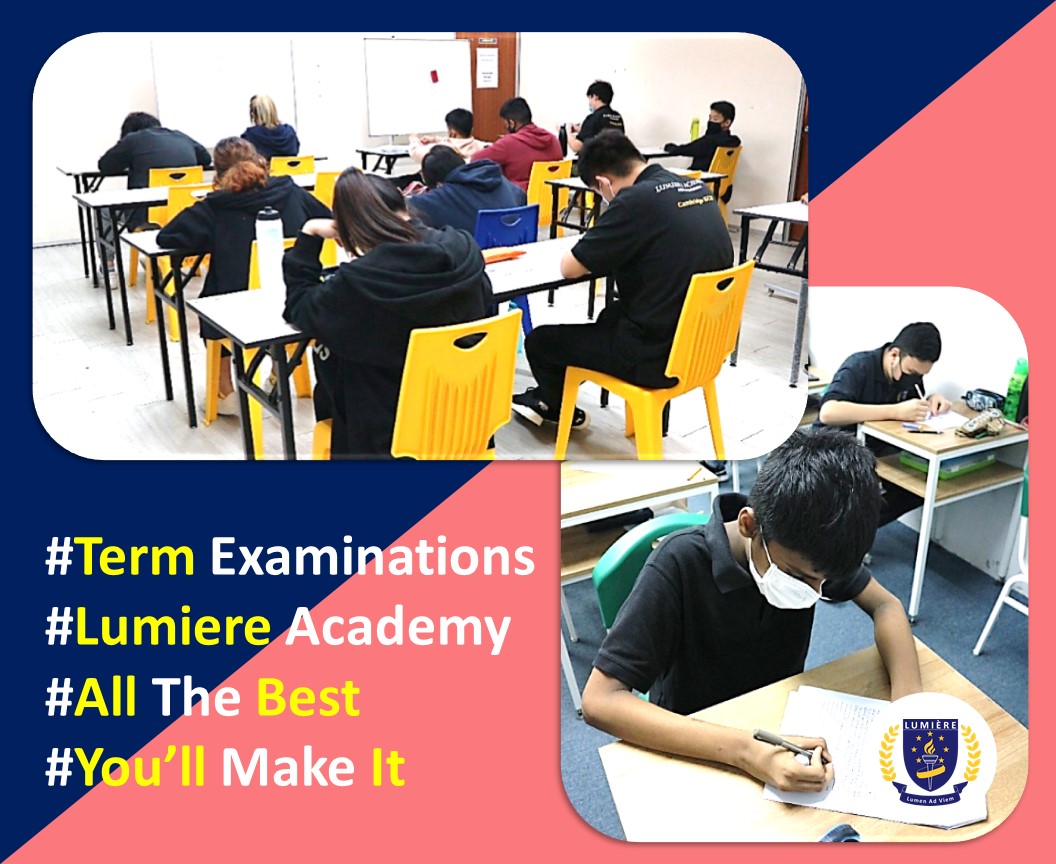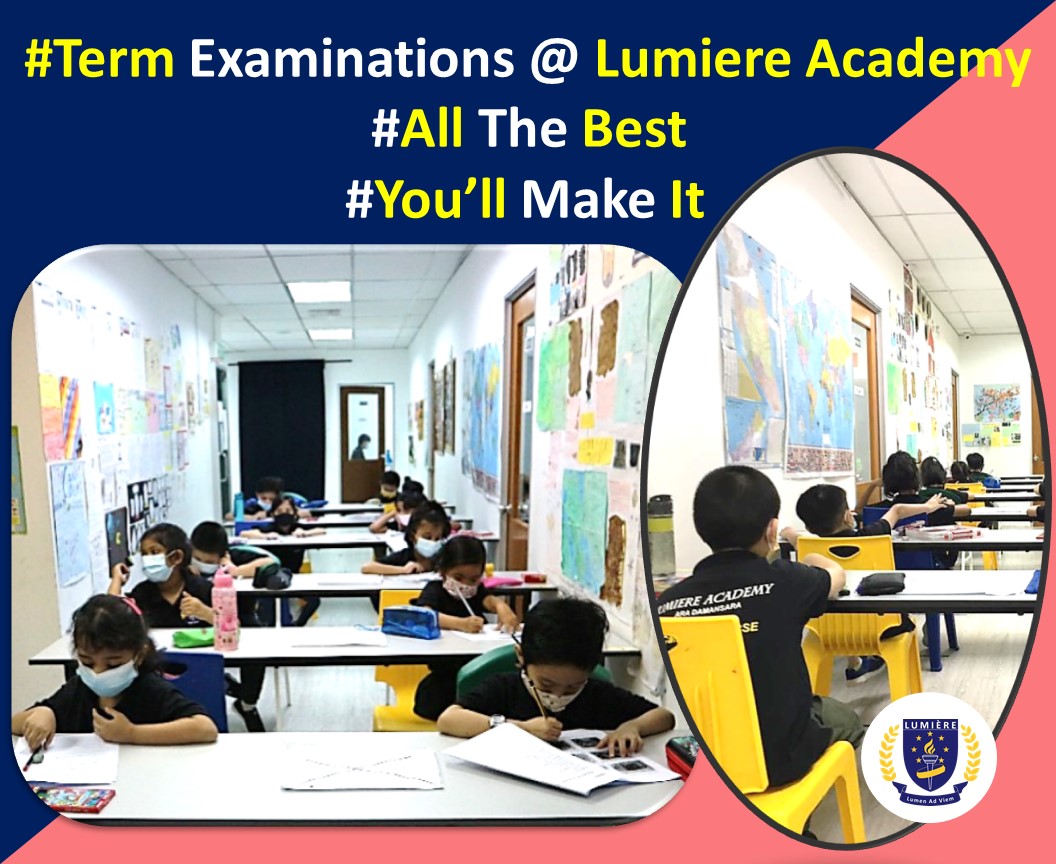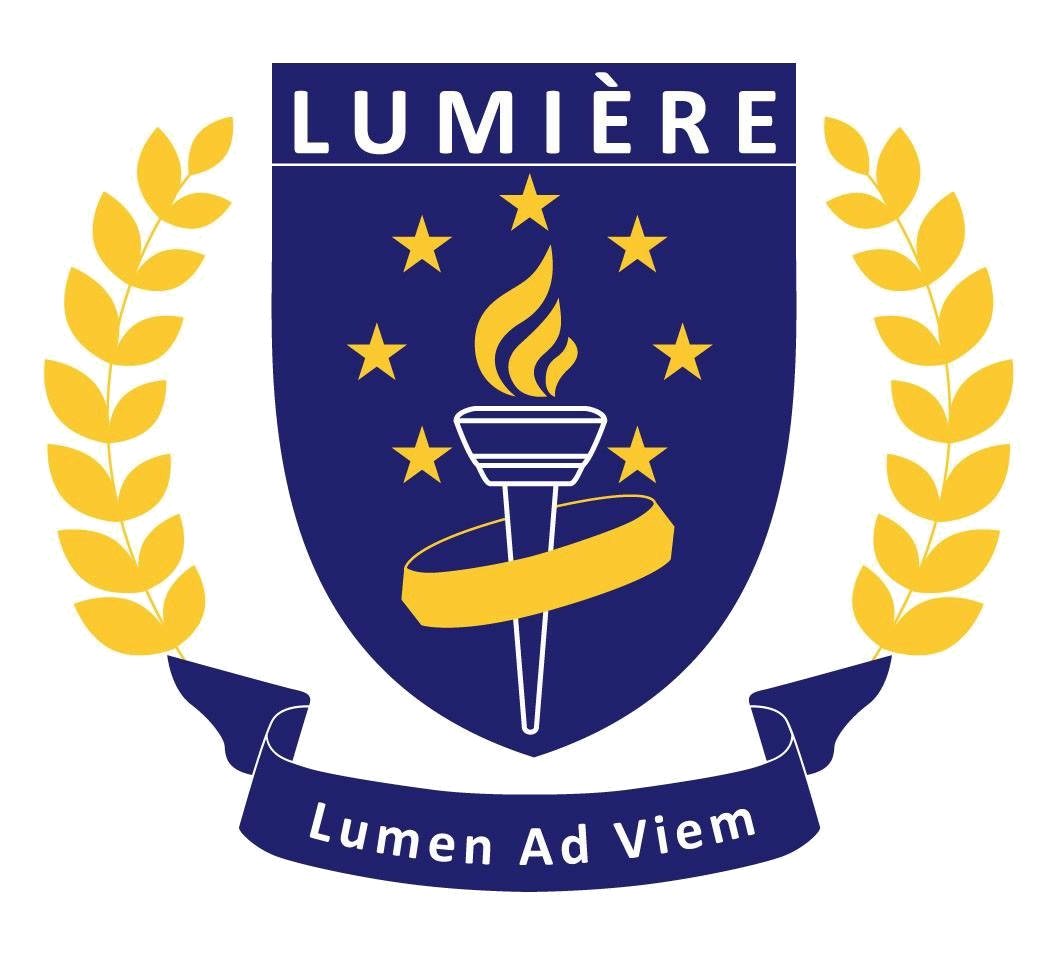
Are examinations still relevant and important today? While formal examinations are getting less traction in some primary schools, Lumiere Academy incorporates various forms of assessment and examinations as part of our curriculum for all levels. While some argues that assessment scores do not necessarily determine one’s future success or capabilities. We agreed on that point provided there is a better way to assess and evaluate one’s capability. However, since learning is process by which we can quantify and measure, Lumiere Academy adopts a balanced approach to evaluate students’ learning progress by various forms of assessment. This is in line with what Edward L. Thorndike (1874–1949) argued, “Whatever exists at all exists in some amount. To know it thoroughly involves knowing its quantity as well as its quality.” Examinations are tools for us to measure every type of ability and skill learnt in class. Good examination results can be an open door to a world of opportunities.
There are three types of assessment in Lumiere Academy. The first type is assessment for learning (or formative assessment). It is an on-going assessment method for students to provide feedback on their learning progress. We assess students by quizzes, tests, project work, homework and assignments as part of our classroom routine.
By end of each academic term, Lumiere students participate in summative assessment (Assessment of Learning) or Term Examinations. Summative assessment is crucial to sum up our students’ learning progress at the end of every term. It is the moment for teachers to review students’ academic progress. Each student’s performance will be graded based on defined standards according to Cambridge Assessment criteria.
The third type of assessment is known as diagnostic assessment. It is usually performed at the start of a new topic. Through diagnostic assessment, we are able to identify students’ prior knowledge of the topic and the key lessons needed to close the knowledge gap. Diagnostic assessment also helps teachers to correct any misconceptions that students may have on the new topic.

All the three types of assessment mentioned above are important in assessing our students. Both term examinations (summative assessment) and diagnostic assessment activities could also be used to support assessment for learning (or formative assessment) in the next academic term. We believe that properly planned assessment activities would cultivate enthusiasm for competition for more knowledge and skills. Lumiere students get to know their own strengths and weaknesses after each assessment. As a result, they develop effective learning strategies for each subject.
Another benefit of assessment is that students are trained to work under pressure and to deal with the various requirements of the assessment. Students learn to be calm, patient and disciplined in our learning environment. Instead of developing a negative feeling, they learn to acquire all the necessary skills to perform well for their future Cambridge IGCSE examinations. Our teachers also teach test-taking strategies which are particularly important for our Year 10 and Year 11 students.

Our approach to assessment is consistent to conclusions made by various education experts. In fact, according to Cambridge Assessment International Education, ‘every Cambridge exam provides a true picture of a student’s ability, wherever and whenever the exam was taken.’ Assessment is a lifelong passport for study and work.
As the saying goes, “Life Is The Biggest Examination of All.” In each and every step of our life, we face new situations and learn from them. There is no way we can avoid any examination.
*Lumiere Academy prepares all students for Cambridge IGCSE examinations. Learn more about us at www.lumiereeducation.com and contact us today at 01121872197 to find our Cambridge Primary and Secondary Programmes.

